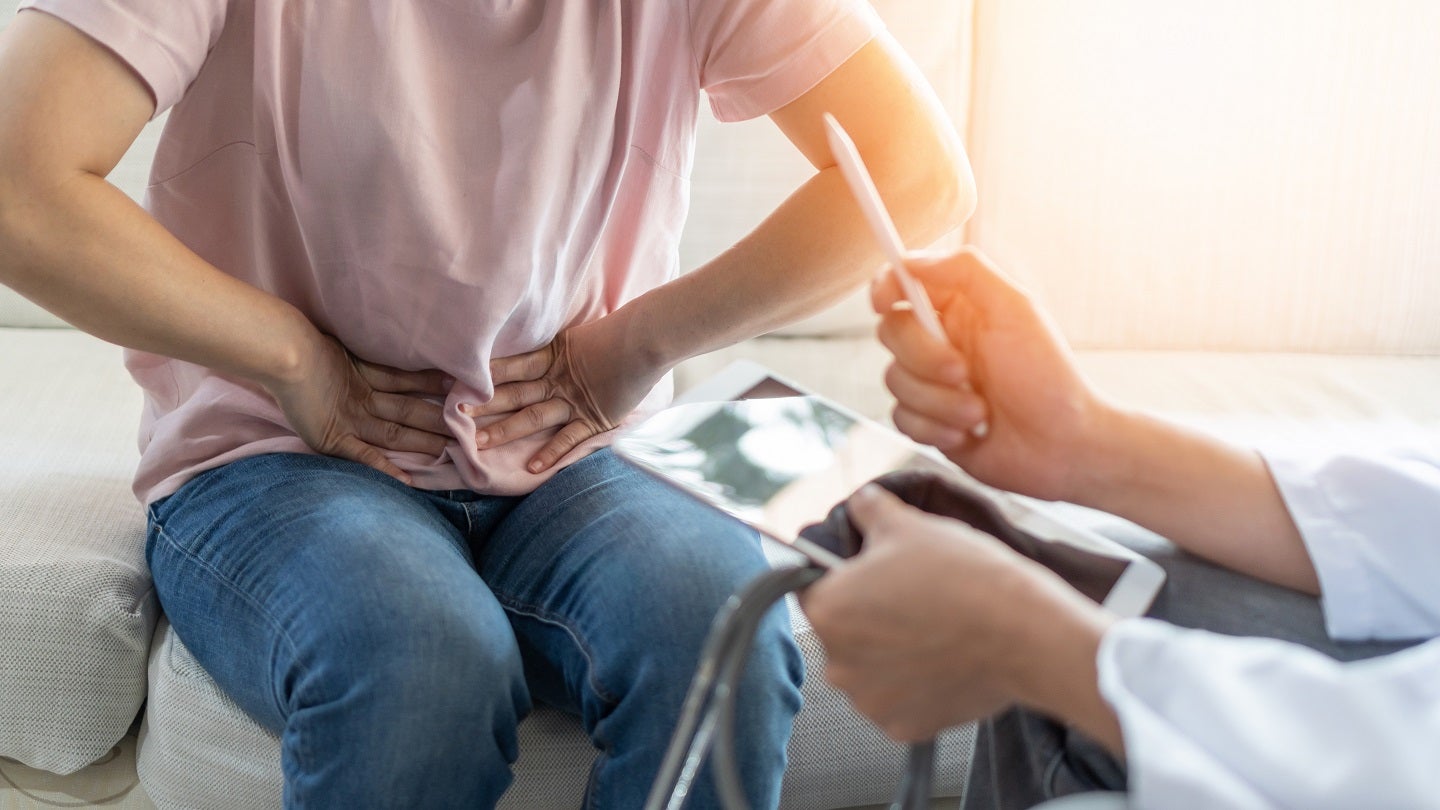
Tryp Therapeutics has announced plans to initiate a Phase IIa clinical trial of psilocybin-assisted psychotherapy for the treatment of irritable bowel syndrome (IBS) at Massachusetts General Hospital (MGH) in the US.
The latest announcement comes following confirmation from the US Food and Drug Administration (FDA) after reviewing the investigational new drug (IND) application submitted by Tryp.

Discover B2B Marketing That Performs
Combine business intelligence and editorial excellence to reach engaged professionals across 36 leading media platforms.
The planned study will assess the effects of the therapy in patients with treatment-resistant IBS experiencing chronic abdominal pain and other devastating gastric symptoms.
It intends to enrol patients aged above 21 years with IBS and also suffering from anxiety, fatigue, and fibromyalgia.
Improvement in abdominal pain, as measured four weeks after the final therapist-monitored psychedelic drug session, is the trial’s primary efficacy endpoint.
Changes in brain connectivity and various other measures are included as secondary endpoints.

US Tariffs are shifting - will you react or anticipate?
Don’t let policy changes catch you off guard. Stay proactive with real-time data and expert analysis.
By GlobalDataTryp Therapeutics CEO Jim Gilligan said: “The upcoming Phase IIa study with Harvard Medical School/Massachusetts General Hospital for IBS represents a significant milestone for Tryp’s clinical programmes.
“We are eager for our collaborators at MGH to complete the work necessary to initiate enrolling patients in the study in the coming months.
“This novel approach holds great promise for this indication especially considering the limited existing options for these IBS patients.”
In a separate development, Tryp has initiated a Phase IIa trial at the University of Florida, which demonstrated an average reduction of greater than 80% in binge eating episodes in an interim analysis.
The company also has plans to initiate a Phase IIa study with the University of Michigan to treat fibromyalgia.





